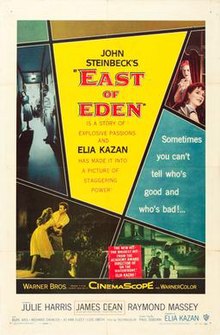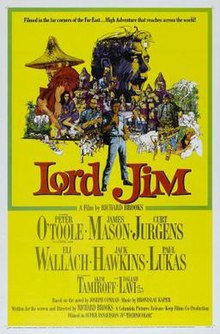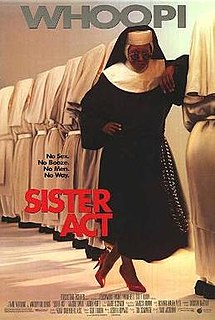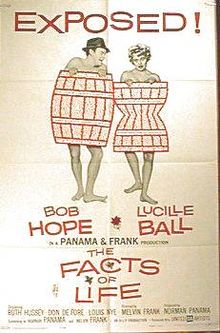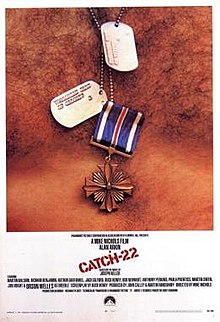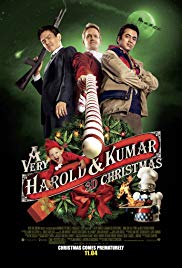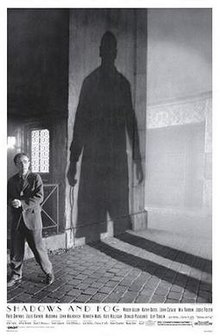
I was just pointing out to these lovely ladies the metaphors of perversion. Europe, between the wars. Kleinman (Woody Allen), a cowardly bookkeeper, is woken in the night by a mob of vigilantes and assigned the task of finding a strangler on the loose in the fog-shrouded town where the circus is visiting. Meanwhile, after a lover’s quarrel with her clown boyfriend (John Malkovich) after seeing him flirt with trapeze artist Marie (Madonna), sword-swallower Irmy (Mia Farrow) escapes into the city, eventually joining up with Kleinman for support as they make their way through the ominous streets and foggy back alleys. Kleinman meets up with a mortician (Donald Pleasance) who’s dissecting the murderer’s victims; while Irmy encounters a prostitute (Lily Tomlin) who offers her a place to stay at the brothel where she works and wealthy student Jack (John Cusack) chooses to sleep with her rather than the professionals present. She enjoys it and wants to donate the money to charity. When certain circumstantial evidence points towards Kleinman, he must prove his innocence as the police take interest and vigilantes assemble … There isn’t a whore in the world that’s worth $700. The first screening may have had the studio suits immobilised and looking like they’d been paralysed with curare, as Woody Allen recalls in his memoir, and this adaptation of his play Death is an admittedly uneasy mix. It’s part German Expressionist serial killer flick, circus picture, sex comedy, cowardly nebbish tale and social melodrama – but it’s still funny as hell when it hits the right notes, even though some of the cast (David Ogden Stiers, Kurtwood Smith) apparently think they’re in a different film altogether. But who doesn’t love Donald Pleasence as the mortician about to get his? And what about Kathy Baker, Lily Tomlin (especially Lily Tomlin) and Jodie Foster as chilled-out smart alecky prostitutes (even if they aren’t given proper names)? There’s a myriad of funny moments and lines with Allen giving most of them to himself but Farrow gets some of them, including, I always think you can tell a lot about an audience by how they respond to a good sword swallower. And howzabaout the great Kenneth Mars as a drunken magician? I once plucked a rabbit from between the bosoms of the Queen of Denmark. Small rabbit. Small bosoms. A hoot, in fits and starts, and so much more fun than its reputation suggests. Miraculous production design by Santo Loquasto, building an entire set at the Kaufman Astoria Studios in Queens, NYC and shot by Carlo Di Palma. It’s drenched in an atmosphere equally mysterious and amusing with a sort of sinister undertaste, alluding to Lang, Pabst, Murnau but also Hitchcock because we don’t really care about the strangler McGuffin a whit. He’s played by Michael Kirby. See? Told you. Soundtrack by Kurt Weill – well who else could it possibly have been? Written, directed by and starring Woody Allen as the Kafkaesque Little Man. I can’t make a leap of faith necessary to believe in my OWN existence
